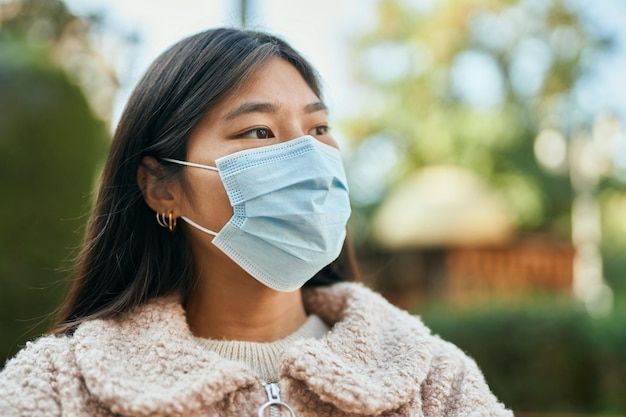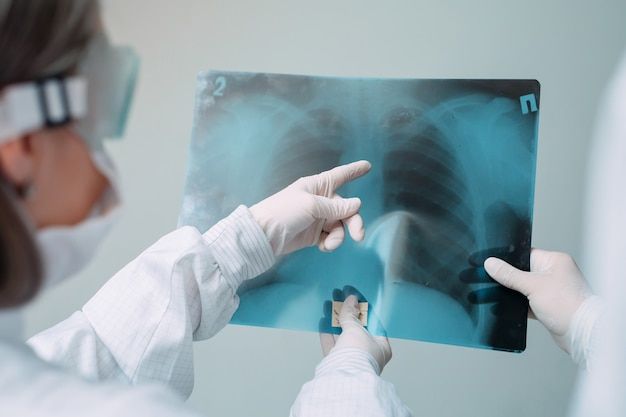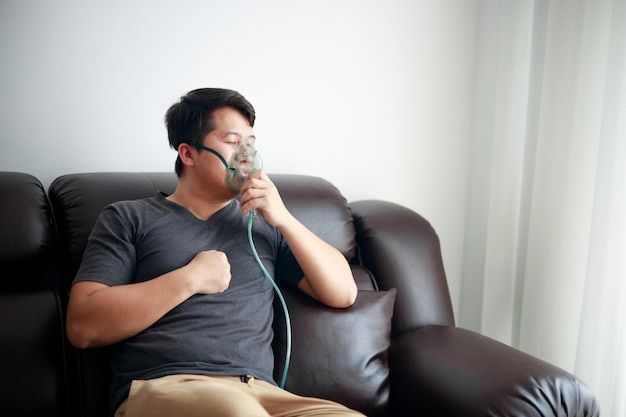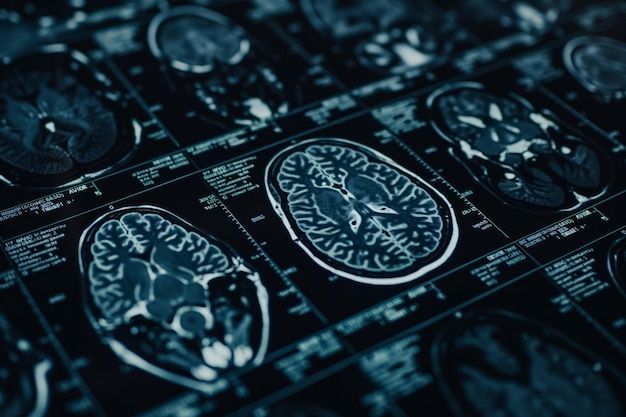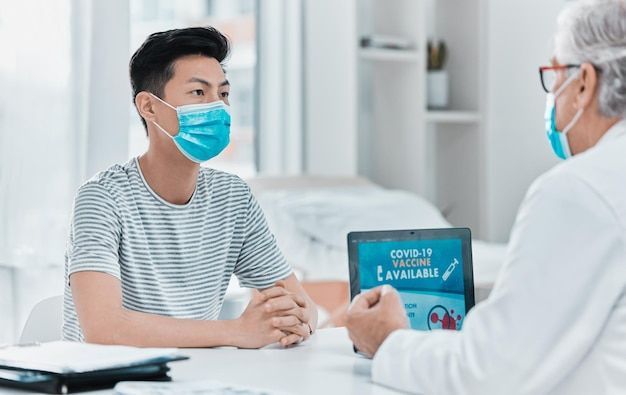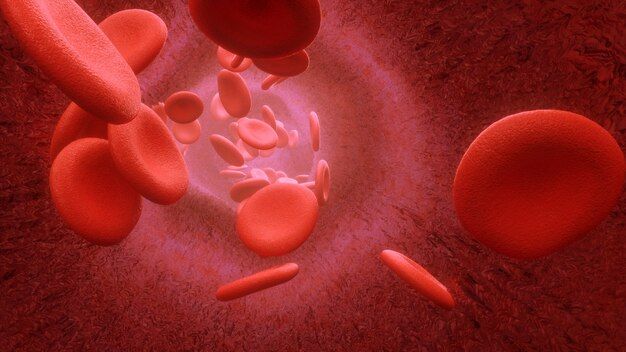HEART HEALTH
By: ICMO
Our organs need blood, oxygen and other nutrients to function

A healthy cardiovascular system is the key for these to reach our organs. A healthier lifestyle means a healthier heart.
Work on your heart health every day through these simple changes:
- Eat a balanced and healthy diet full of whole grains, whole foods, nutrients, vitamins, healthy fat and lean meat.
- Maintain a healthy weight within your Body Mass Index (BMI).
- Exercise regularly.
- Have a regular health check for blood pressure and blood sugar.
- Avoid salty, sweet, and processed foods.
- Avoid smoking and drinking of alcohol.
- Avoid stress.
- Common types of heart disease
Coronary Artery Disease
Blockage or narrowing of blood vessels which may result to heart attack

Arrhythmias
Irregular rhythm of the heart
Cardiomyopathy
Thickening or stiffening of heart muscle
Congestive Heart
Weakening of the heart due to high blood pressure or coronary artery disease
These are the major risk factors for developing heart disease
- Age
- Cigarette smoking
- Weight
- Family history
Other factors that may contribute to the development of heart disease
- Poor diet
- High blood cholesterol
- Unregulated high blood pressure
- Uncontrolled diabetes
- Sedentary lifestyle
- Uncontrolled stress and anger
- Poor dental health
Heart Check
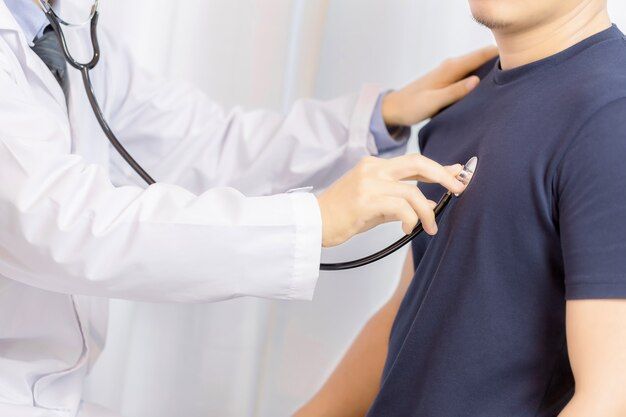
Routine screening tests are recommended to prevent, diagnose, and treat heart diseases
Depending on their heart condition, people as young as 20 years old need to have their heart health checked regularly, while some start having their hearts consistently monitored later in life.
It is best to consult with a cardiologist to know what tests you might need and to know how your heart health should be managed.
Consult with a DLSUMC cardiologist now! To view the schedules of our expert clinicians, visit https://findyourdoctor.dlshsi.edu.ph/ or call the Information Section at (046) 481-8000 or (02) 8988-3100 local 1206 / 2001.
References:
World Health Organization
Healthline
https://www.healthline.com/health/healthy-heart-tips
https://www.healthline.com/health/heart-health/scheduling-heart-health-checkup#types-of-tests
UCI Health
https://www.ucihealth.org/blog/2017/02/how-to-strengthen-heart
Revere Health
https://reverehealth.com/live-better/protecting-your-heart-the-importance-of-heart-health/
Nutralife
https://www.nutralife.com.au/why-is-the-heart-and-circulatory-system-so-important/
DISCLAIMER
All content found on the DLSUMC website, including text, graphics, images, audio or other formats were created for general informational purposes only and are not intended or implied to be substitutes for professional medical advice, diagnosis or treatment.
If you think you may have a medical emergency, call your doctor, go to the emergency department, or call your local emergency hotline immediately.

